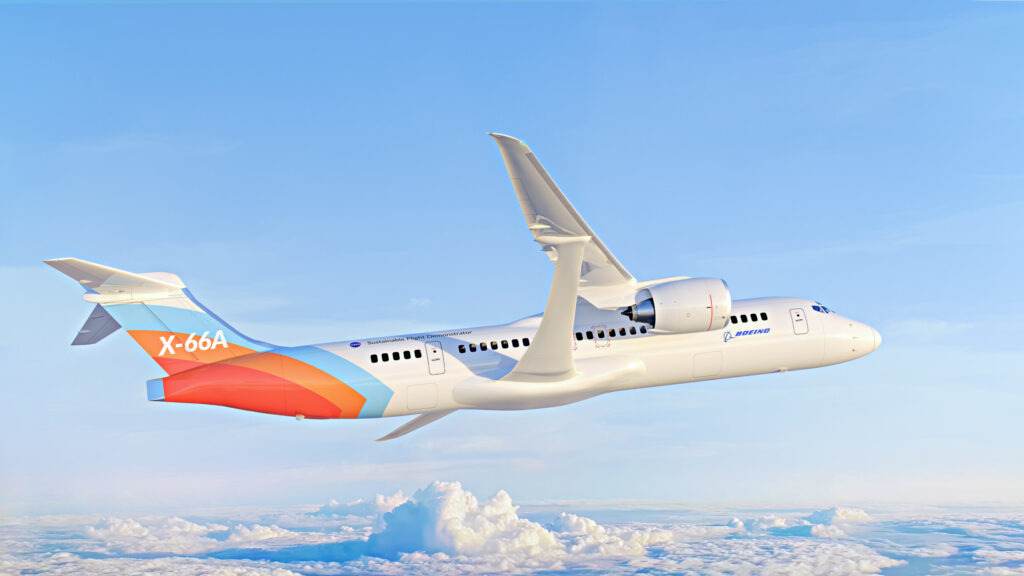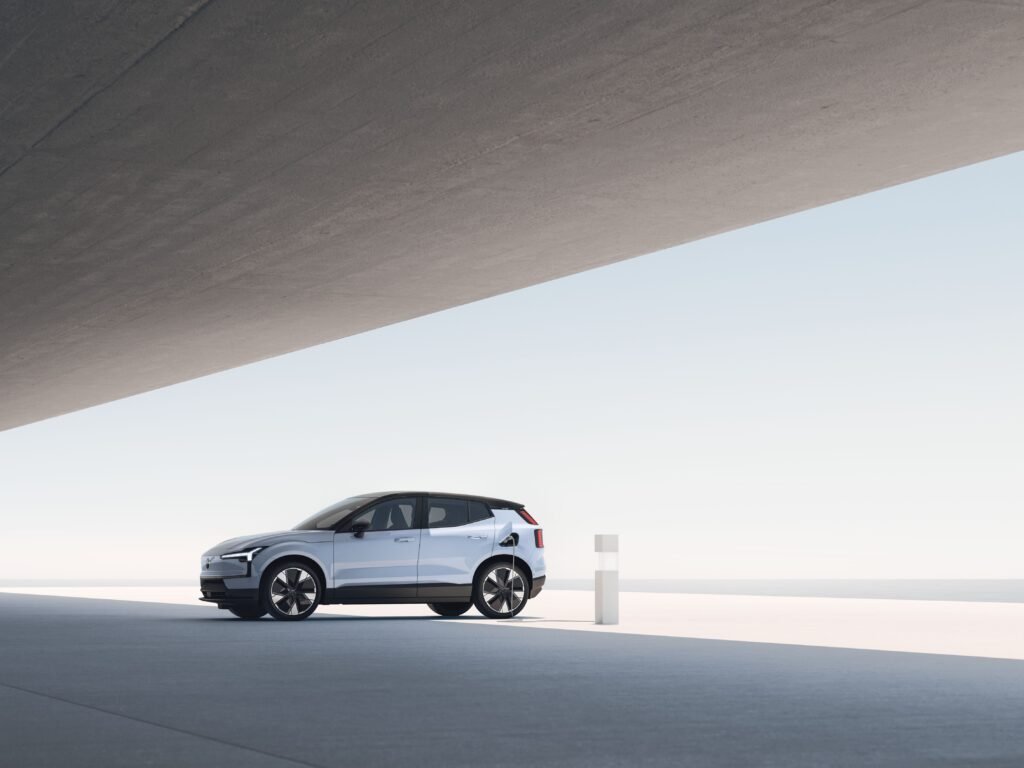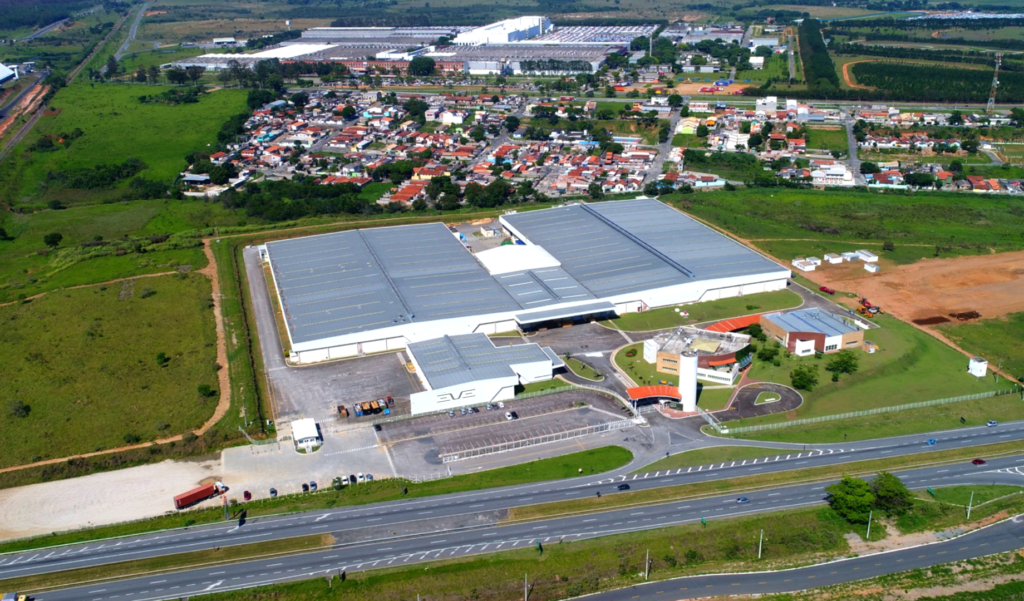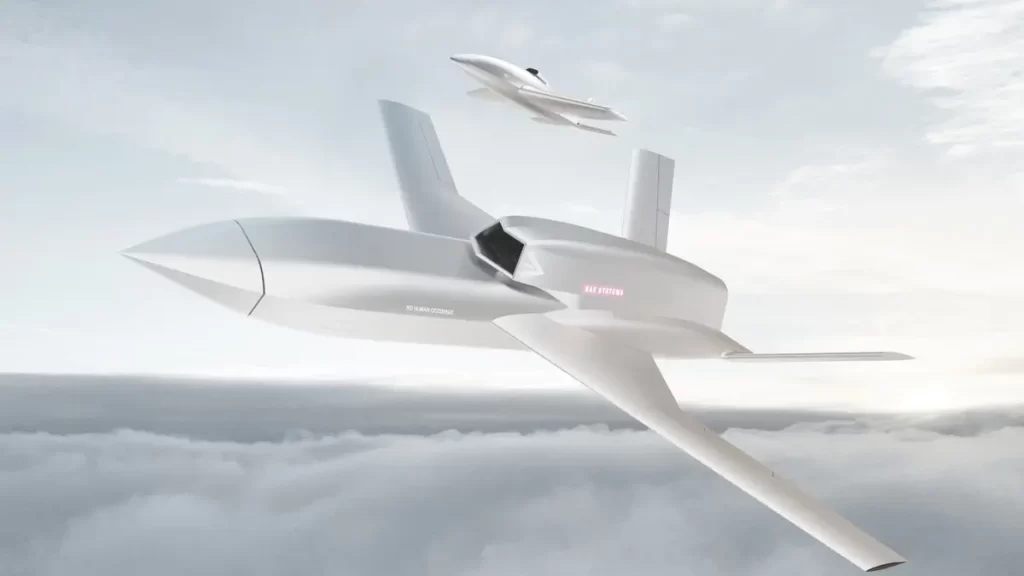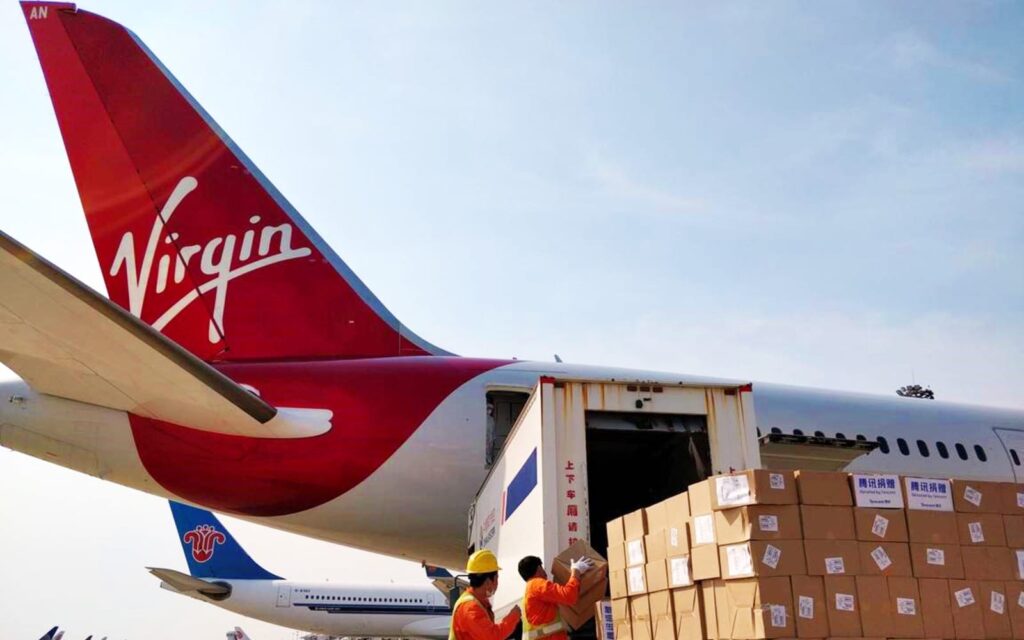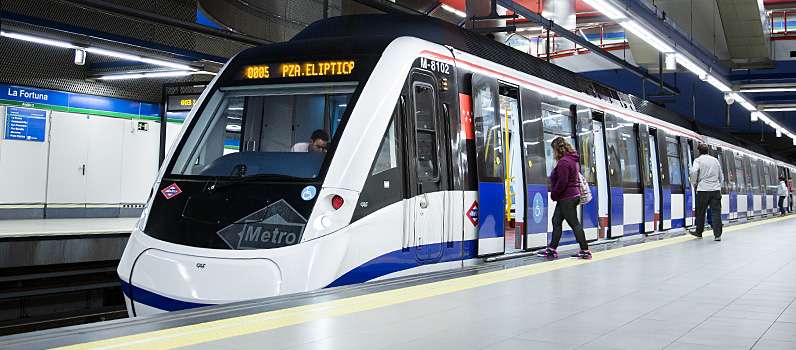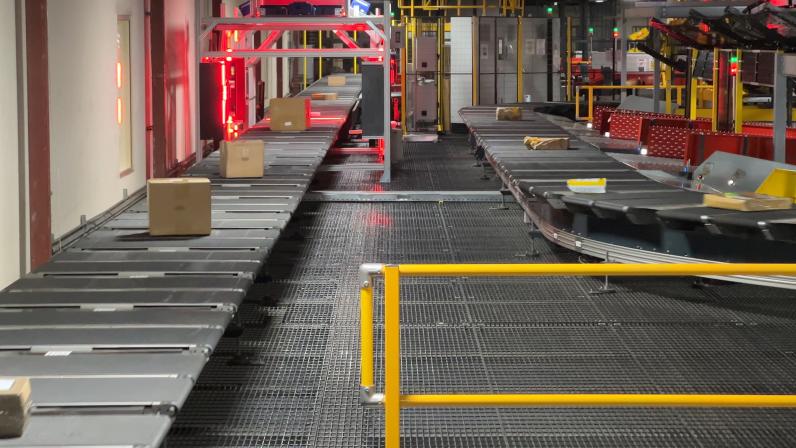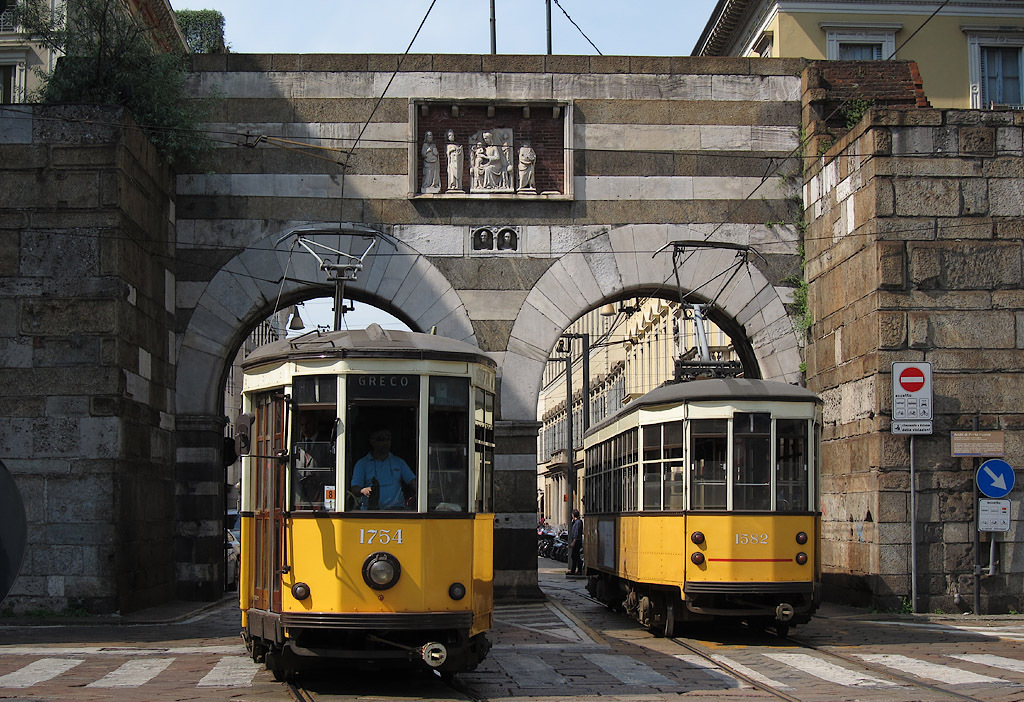Lufthansa and HCS Group sign Letter of Intent on production & supply of Sustainable Aviation Fuel Made in Germany
The Lufthansa Group (OTC: DLAKY) and the HCS Group have signed a Letter of Intent (LoI) to partner on the production and supply of Sustainable Aviation Fuel (SAF). From the beginning of 2026, the HCS…

